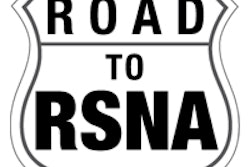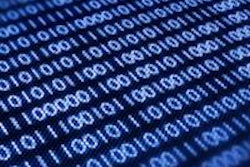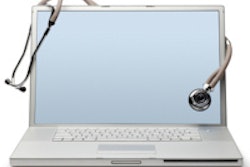Wednesday, December 2 | 12:15 p.m.-12:45 p.m. | PH266-SD-WEA5 | Lakeside Learning Center, Station 5
Researchers from Germany plan to present cloud-based software being used to automatically monitor dose-related data from CT scanners at their institution.Thanks to the new European Directive 2013/59/Euratom that must become national law in European countries by 2018, dose monitoring has recently gained more importance in Europe, according to first author Dr. Johannes Boos of the University Düsseldorf. Because CT is responsible for a large amount of medically induced radiation, the group elected to concentrate initially on CT, although they can now also monitor other modalities, he said.
While there are multiple ways to collect dose-related data from CT studies, the DICOM Radiation Dose Structured Report (RDSR) offers certain advantages, especially consistency, he said. The DoseIntelligence (Pulmokard, Germany) cloud-based software, which is being co-developed by the university's department of diagnostic and interventional radiology, makes use of these structured reports.
Dose data are sent from the scanners to a cloud server, and users can then access statistics via a Web interface, he said. In the RSNA 2015 poster being presented by Dr. Patric Kroepil, the researchers will show their initial single-center analysis of dose data from more than 40,000 CT scans.
"DICOM [structured reports] enable a comprehensive strategy for monitoring CT radiation dose data," Boos concluded. "Our approach [also] enables large-scale dose analysis."
In other findings, the researchers learned that their department's CT dose levels are significantly below national diagnostic reference levels (DRLs).
"The cloud-based approach has great potential to enable multicenter dose monitoring," he concluded.




















